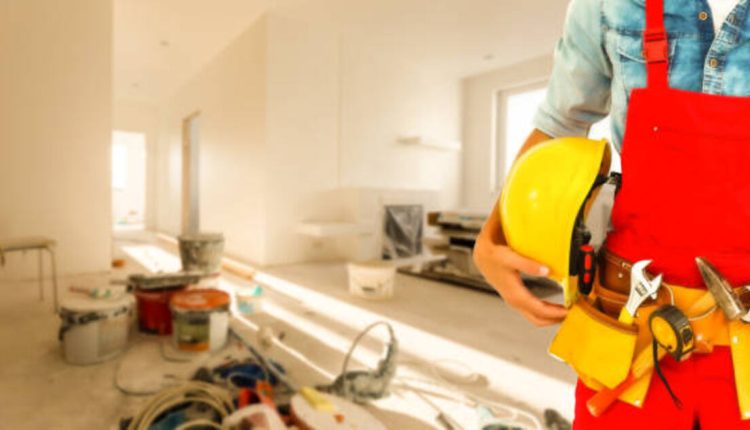Many plumbers provide emergency plumbing services at inconvenient times. Additionally, they also offer maintenance and repair services such as drain cleaning, pipe repairs, water heater installation, and garbage disposal installation, plus sewer camera work.
Some homeowners in San Bernardino may have “hard water.” Although harmless, hard water may damage pipes and reduce pressure; regular plumbing maintenance can prevent this issue.
Professionalism
Reputable plumbers employ teams of highly skilled professionals who strive to deliver excellent services. Their staff is ready and equipped to tackle any residential or commercial plumbing job, from repiping to clearing clogged drains quickly and efficiently using state-of-the-art equipment, offering guaranteed parts and workmanship while cleaning up after themselves after each task is done. Furthermore, customer representatives are always on hand to answer your questions or provide accurate estimates so you can decide whether you want them or not.
Local Experience
When choosing a plumber, it is best to select one with local experience. That way, you know they understand the unique plumbing issues facing community homeowners quickly and can address them effectively. Furthermore, local companies tend to offer competitive prices and quality services more reliably than nonlocal counterparts.
Licensed plumbers offer many different services, from drain cleaning to re-piping. Additionally, they can repair or replace water heaters, install garbage disposals, make bathrooms handicap accessible, and conduct annual inspections to make sure everything runs smoothly.
Leaks in plumbing systems can quickly lead to expensive damage if left unresolved, necessitating prompt action from professionals such as plumbers. Plumbers can help resolve such problems before they worsen, providing advice and strategies on preventing future ones while cleaning up after themselves, too. Plus, they will clean the work area afterward!
Clogged drains and pipes can lead to backflow, flooding, and other serious problems. A plumber can use special tools to clear them away and prevent future recurrences, inspect your pipes’ condition and replace worn-out parts to ensure they’re in top shape, and install new fixtures such as showers, tubs, sinks, and toilets, as well as find and fix gas leaks as well as replacing P-traps in order to avoid carbon monoxide poisoning.
Licenses
A licensed plumber is defined as an individual who meets all state experience and exam requirements, is insured and bonded, operates a plumbing business and advertises their services, obtains building permits from municipalities for inspection purposes, and can bid on public projects, thus guaranteeing both personal safety and property protection.
To become a plumber, one needs both a high school diploma or GED certificate and at least four years of documented journeyman experience. They must also pass both written trade examinations as well as the California Business and Law Examination; additionally, they must undergo background checks, including fingerprinting. Finally, they must obtain workers’ compensation insurance.
Choose a California State Licensing Board-accredited plumber to avoid becoming victim to unscrupulous contractors. A current license number and expiration date should be displayed; you can verify this at CSLB’s website, and you can benefit from helpful study guides and practice tests on offer from them.
One key consideration should be local experience. A plumber who knows their community well will be more equipped to address any challenges quickly and efficiently – saving both time and money in the process. It would help if you looked for companies offering flat-rate services, as this will prevent hidden fees while increasing customer satisfaction.


